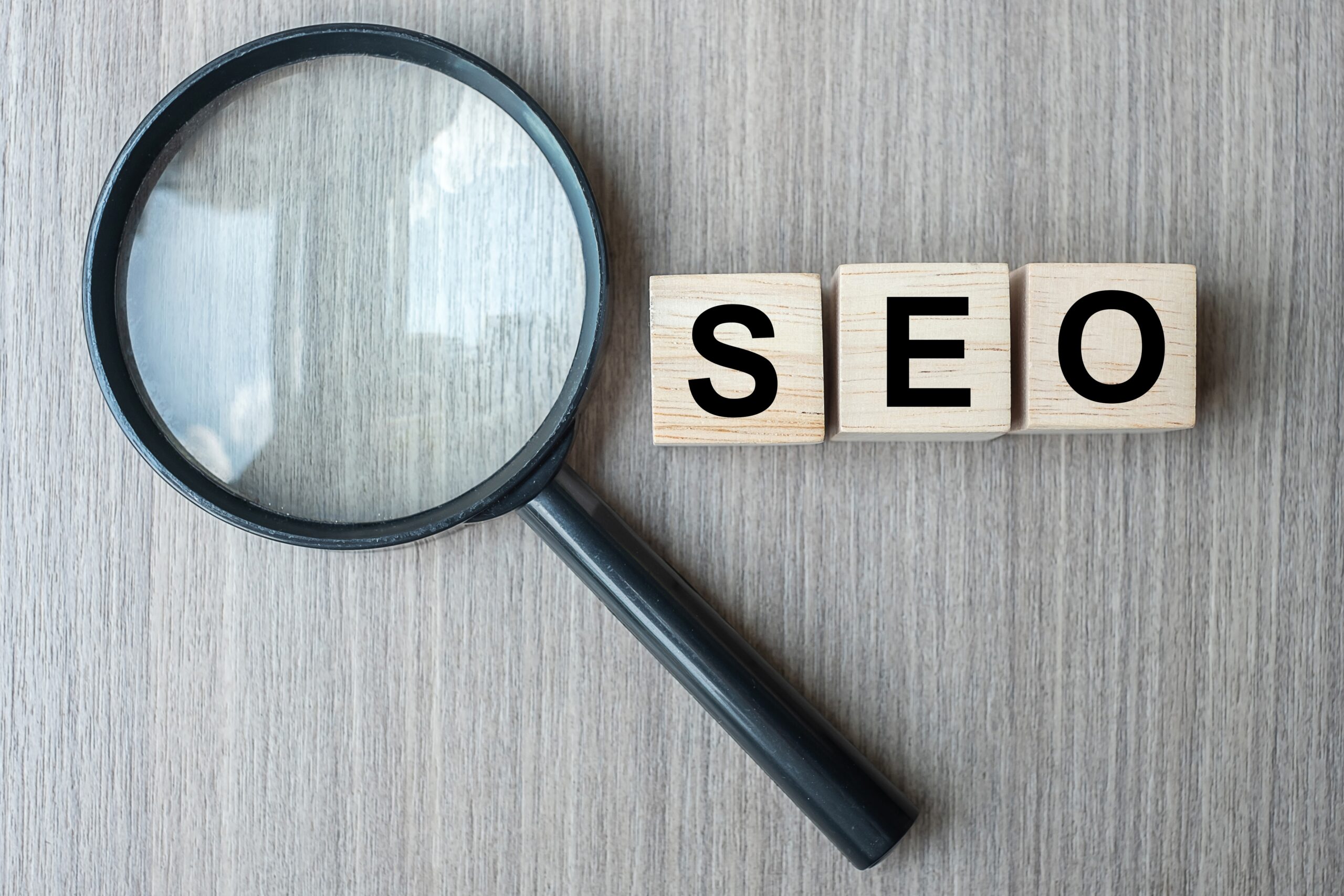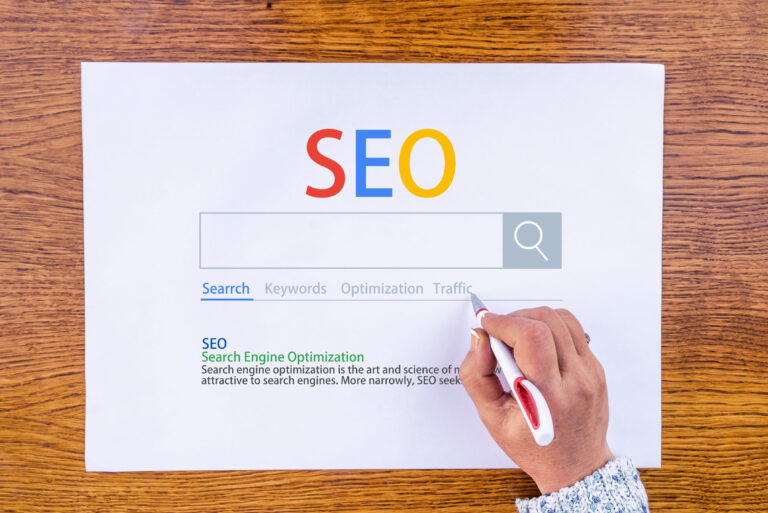Introduction
Search Engine Optimization (SEO) is the foundation of digital success, but businesses often get confused between on-page SEO and off-page SEO. Both are essential, but they play very different roles in helping your website rank higher, attract traffic, and convert visitors into customers.
In this blog, we’ll break down what on-page SEO and off-page SEO mean, why they matter, and which one your business should focus on first for sustainable growth.
What Is On-Page SEO?
On-page SEO refers to all the optimization efforts you make directly on your website. It ensures your site is structured, user-friendly, and aligned with search engine algorithms.
Key Elements of On-Page SEO:
- Keyword Optimization: Placing primary and secondary keywords naturally in headings, content, and meta tags.
- Title Tags & Meta Descriptions: Clear, keyword-rich, and click-worthy metadata.
- URL Structure: Clean, short, and keyword-focused URLs.
- Content Quality: Valuable, unique, and informative content optimized for search intent.
- Internal Linking: Connecting relevant pages within your website for better navigation.
- Mobile Friendliness: Responsive design for all devices.
- Website Speed: Fast loading times for better user experience.
Example: If you run a bakery in Mumbai, optimizing your homepage with “Best Bakery in Mumbai” as a keyword in headings, meta descriptions, and content is on-page SEO.
What Is Off-Page SEO?
Off-page SEO refers to actions taken outside your website to improve authority, credibility, and rankings. It signals to search engines that your website is trustworthy and valuable.
Key Elements of Off-Page SEO:
- Backlink Building: Gaining high-quality links from authoritative websites.
- Guest Blogging: Writing for external websites to build backlinks and exposure.
- Social Media Signals: Shares, likes, and brand mentions on social platforms.
- Online Reviews & Citations: Positive customer reviews on Google, Yelp, or industry sites.
- Influencer Collaborations: Partnering with thought leaders for visibility and trust.
Example: If a popular food blogger links to your bakery’s website in their blog, that’s off-page SEO in action.
On-Page SEO vs. Off-Page SEO: What’s the Difference?
While both aim to improve rankings, their focus areas are different:
| Factor | On-Page SEO | Off-Page SEO |
| Focus | Website content & structure | External signals & backlinks |
| Control | Fully under your control | Influenced by external sources |
| Goal | Improve relevance and user experience | Improve authority and credibility |
| Examples | Keywords, meta tags, content optimization | Link building, social media, PR efforts |
Both are complementary — one strengthens your website internally, while the other boosts it externally.
Which Does Your Business Need Most?
The answer depends on your current stage and goals:
- New Businesses / Startups:
Focus first on on-page SEO. Without optimized content, meta tags, and structure, off-page SEO won’t be effective. - Established Businesses with Content:
Once your site is well-optimized, shift towards off-page SEO to build authority, credibility, and domain strength. - Local Businesses:
Balance both. On-page SEO ensures local keywords rank, while off-page tactics like Google reviews boost local credibility. - Competitive Niches:
You’ll need a strong mix of both — high-quality content on your site and a robust backlink strategy outside of it.
How to Combine On-Page and Off-Page SEO
For best results, businesses should combine both approaches:
- Start with strong on-page SEO → optimized content, mobile-friendly design, fast loading speed.
- Build off-page authority → guest posts, quality backlinks, online reviews, social media engagement.
- Monitor results → use Google Analytics and Search Console to track traffic, rankings, and conversions.
Common Mistakes Businesses Make
- Focusing only on backlinks while ignoring poor website structure.
- Keyword stuffing in content without addressing user intent.
- Buying spammy backlinks that hurt credibility.
- Ignoring mobile users and slow site performance.
Conclusion
So, on-page SEO vs. off-page SEO — what does your business need most? The truth is: both. On-page SEO gives your website the structure and content it needs to rank, while off-page SEO builds the authority that convinces Google you deserve that ranking.
At Suveda Digital, we specialize in combining both strategies to deliver sustainable growth. From optimizing your content to building high-quality backlinks, our goal is simple — growth in every click.





